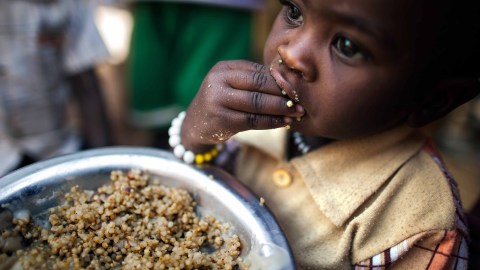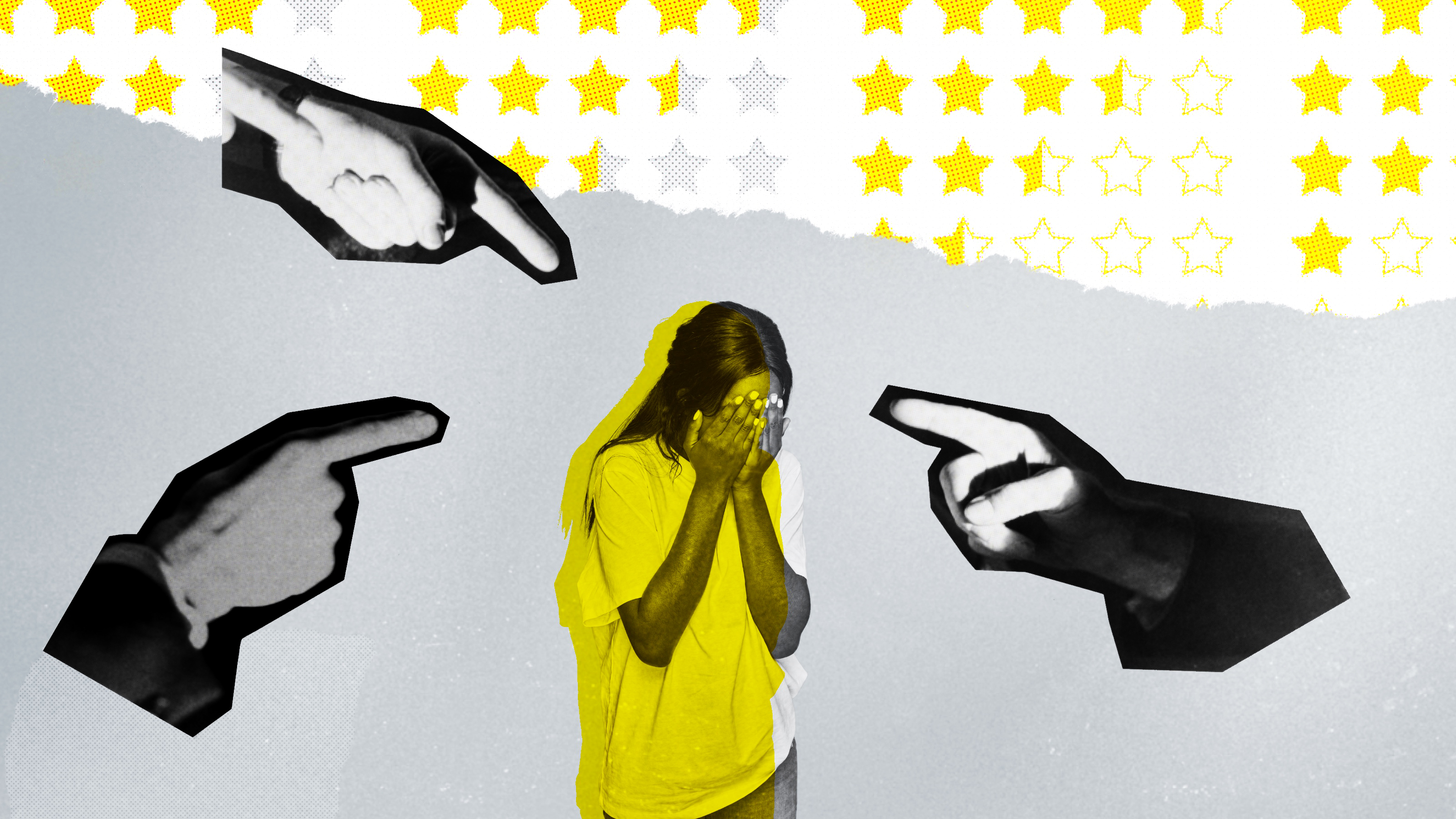How personal experience of adversity affects our feelings of compassion towards others

Albert Gonzalez Farran/Anadolu Agency/Getty Images
Imagine seeing a photograph of a suffering child in the war-torn region of Darfur, in Sudan.
Most of us would feel compassion towards that child. Now imagine seeing a photo of a group of eight children in the same terrible predicament. You’d feel correspondingly more compassion towards this larger group… right?
Well, probably not. Plenty of studies have demonstrated what’s known as the “numeracy bias” in compassion — that people’s feelings of compassion do not tend to increase in response to greater numbers of people in distress. This “leads people frequently to experience a disproportionate amount of compassion towards a single suffering individual relative to scores of suffering victims that are part of a larger tragedy,” write Daniel Lim and David DeSteno at Northeastern University, in their new paper, published in the journal Emotion. However, they’ve now found that people who have experienced adversity in their own lives are resistant to this bias — and they have some suggestions for how the rest of us might avoid it.
Across a series of four experiments, the researchers recruited a total of almost 700 participants, who reported their own levels of past adversity (illness and injury, bereavement, exposure to disasters, and so on). For each study, the researchers discarded the middle-ranking third, leaving “high-adversity” and “low-adversity” groups, who went on into the experiments proper.
In the first study, participants read a paragraph about the suffering of children in Darfur and looked at pictures of either one war-stricken child, or eight. They were then asked several questions about their feelings of compassion (e.g. “How sympathetic do you feel towards the children?”). The low-adversity group consistently showed the numeracy bias, but the high-adversity group did not — they reported significantly more compassion for multiple victims than for one. What’s more, the greater their own level of past suffering, the more compassion overall they reported feeling for the children, and, as revealed in a fresh study, the more they were willing to donate to UNICEF, which could in theory help such children.
Further experiments revealed that high-adversity participants had a stronger belief in their ability to actually make a difference to others who were suffering. Suspecting that this underpinned the compassion profile for this group, Lim and DeStono then tried a simple intervention designed to enhance low-adversity participants’ beliefs in their own efficacy. When a fresh group of low-adversity participants were informed — based on a false test — that they were high in empathy, and that high-empathy people are good at caring for others and more successful in alleviating their pain, their subsequent feelings of compassion towards multiple sufferers matched those of high-adversity participants. The numeracy bias had vanished.
“Surviving past adversity leads people to believe they will be effective in helping others, which allows them to up-regulate their feelings of compassion in the face of more demanding events,” the researchers conclude. They also point to a few apparent real-world examples, such as the “Cajun Navy” of boat-owners who survived the destruction of Hurricane Katrina in Louisiana and now go to the aid of other people affected by severe flooding.
Lim and DeSteno stress that they are not arguing that adversity is a good thing. There are other ways to teach people that they really can help others in need, they say. “For example, people who volunteer to aid in disaster relief or to work with the terminally ill can be expected to develop a sense that their efforts make a difference to many others,” the pair writes. “In so doing, this increased sense of efficacy should lead them to become better able to face and thereby upregulate their compassion to more demanding situations.”
– Past adversity protects against the numeracy bias in compassion
Emma Young (@EmmaELYoung) is Staff Writer at BPS Research Digest
Reprinted with permission of The British Psychological Society. Read the original article.





